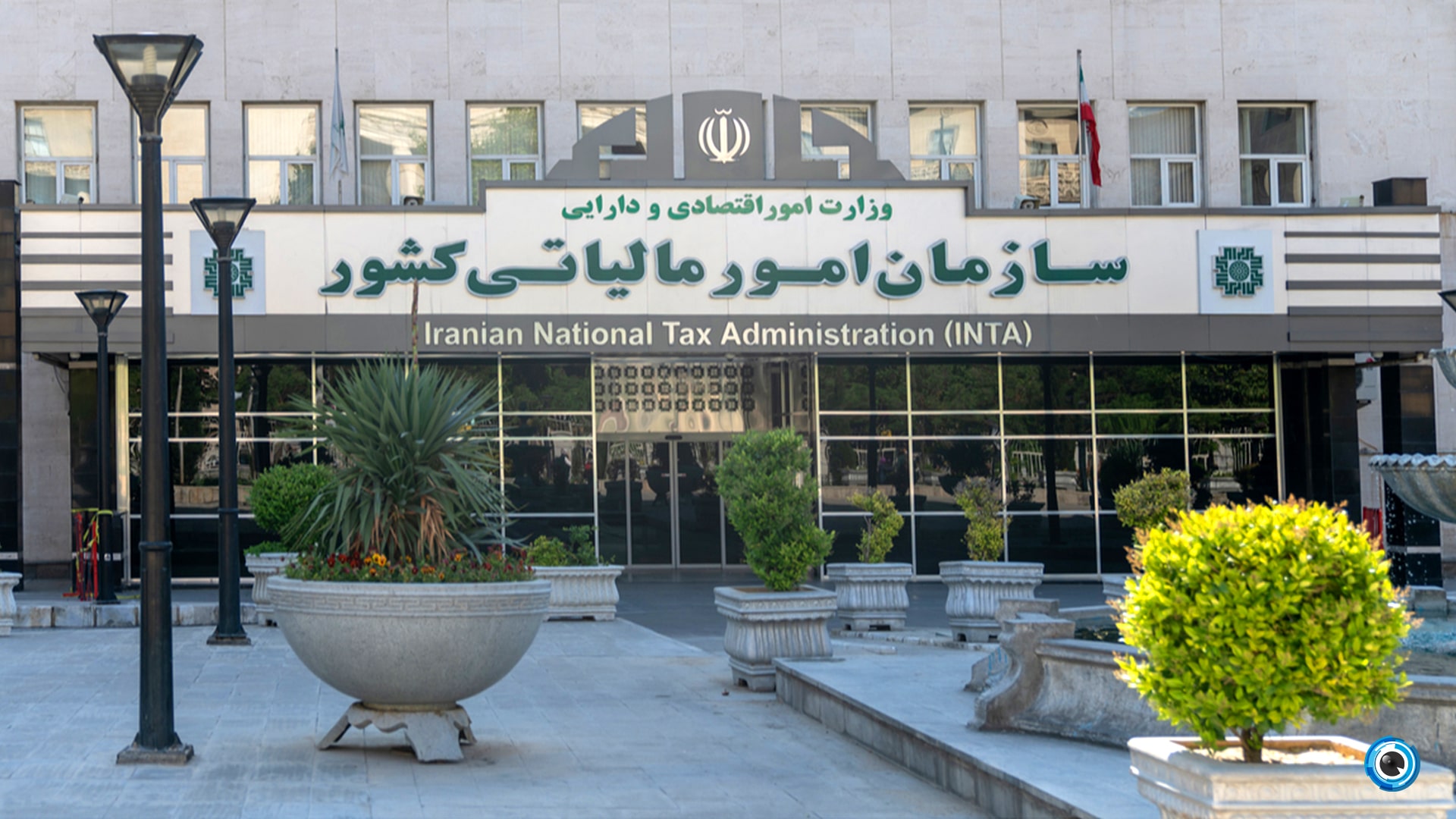Introduction
Navigating the tax landscape is a crucial aspect for foreign investors considering entering the Iranian market. Understanding the taxation framework not only ensures compliance with local laws but also aids in effective financial planning and investment strategy. This article provides a detailed overview of the taxation obligations that foreign businesses must be aware of when investing in Iran.
Overview of Taxation in Iran
Iran’s tax system is governed by the Iranian Tax Administration (ITA), which outlines various forms of taxation applicable to both domestic and foreign entities. The key categories include:
1. Corporate Income Tax (CIT)
The corporate income tax in Iran is assessed on the income generated by businesses operating within the country. Key points include:
- Tax Rate: Currently, the standard corporate tax rate in Iran is 25% on net profits. However, certain industries, such as agriculture or technology startups, may benefit from reduced rates or exemptions under specific conditions.
- Tax Base: Companies calculate their taxable income based on their net profits after deducting allowable expenses such as operating costs, salaries, and other business-related expenses.
- Deductions and Exemptions: Foreign investors can sometimes benefit from tax exemptions, especially if they align with government initiatives to foster investment in particular sectors.
2. Value Added Tax (VAT)
Value Added Tax (VAT) is applicable to goods and services at a standard rate of 9% in Iran. Key considerations include:
- Registration Requirements: Foreign businesses intending to operate in Iran must register for VAT, which includes submitting periodic tax returns.
- Invoices and Documentation: Companies are required to issue VAT invoices to buyers, which must specify tax amounts, allowing buyers to claim input VAT credits when purchasing goods and services.
3. Withholding Taxes
Withholding taxes apply to specific types of payments made by companies and vary by the nature of the transaction. Important aspects include:
- Applicable Payments: These include payments for services, dividends, royalties, and interest. The withholding tax rates range from 5% to 25% based on the type of payment.
- Tax Treaties: Iran has entered into tax treaties with several countries, which can provide reduced withholding tax rates or exemptions for cross-border payments, reducing the effective tax burden for foreign investors.
4. Other Taxes
In addition to corporate income tax and VAT, foreign investors in Iran may encounter other types of taxes, such as:
- Property Tax: Businesses owning property in Iran are subject to property taxes based on the value of the real estate.
- Social Security Contributions: Employers are required to contribute to social security and insurance schemes, which can affect overall employment costs.
- Stamp Duty: Certain transactions may also incur stamp duties, impacting contract execution costs.
Compliance and Reporting Obligations
Understanding compliance obligations is vital for foreign investors to operate successfully and avoid penalties in Iran. Key elements include:
1. Tax Registration
Foreign companies must register for tax identification numbers with the Iranian Tax Administration upon establishing a presence in the country. This registration is crucial for compliance with tax filings and obligations.
2. Bookkeeping and Record Keeping
Businesses must maintain accurate financial records to support their tax filings. This includes documentation of income, expenses, and changes in business status, as well as any correspondence with tax authorities.
3. Annual Tax Returns
Foreign entities are required to file annual tax returns within a specified timeframe following the end of their fiscal year. Penalties may apply for late filing or inaccuracies in reports.
4. Tax Audits
The Iranian Tax Administration has the right to conduct audits of foreign businesses to ensure compliance with tax regulations. Companies should prepare for potential audits by maintaining thorough records and documentation.
The Role of Tax Advisors
Given the complexities of the Iranian tax system, it is advisable for foreign investors to engage experienced tax advisors or legal counsel familiar with Iranian taxation. These experts can assist with:
- Tax Planning: Optimizing tax obligations and identifying potential exemptions or reductions.
- Compliance: Ensuring adherence to local tax laws and timely filing of returns.
- Dispute Resolution: Providing guidance on how to handle tax disputes or audits initiated by authorities.
Learn more about all IRAN Business Gate services. Click here for detailed information!
Conclusion
Understanding tax obligations in Iran is essential for foreign investors looking to capitalize on the opportunities in this market. Being aware of corporate income tax, VAT, withholding taxes, and compliance requirements can significantly affect the success of business operations.
At Iran Business Gate, we are committed to supporting those interested in entering the Iranian market. We offer a range of services, including assistance with tax planning, compliance guidance, and access to local expertise. Our team is here to help you navigate the complexities of the Iranian business landscape, ensuring that you achieve your investment goals with confidence.
Let's Talk Now!
Your thoughts and questions matter to us! At IRAB Business Gate, we are eager to hear from you.



